It was the early hours of 4th April 2017. 14 year old Mariam Abu Khalil was awake, probably wondering about the turbulent times her country was seeing in this decade. She lived in the small town of Khan Sheikhoun, about 50 kilometers south of the city of Idlib, once the capital of a powerful ancient kingdom. As she left her home to study the holy book Quran, little did she know that her life was about to get changed forever.
As she stepped outside her house, she saw a warplane hovering above a one storey building a little to her north-east. Before she could make of what was going on, the plane dropped a package on the building, right before her eyes. As described to The New York Times, the resulting explosion looked like a “yellow mushroom cloud”, or a “winter fog”.
An estimated 70 people were killed on the first day of the continued airstrikes in the town of Khan Sheikhoun, which included 22 members of a single family, all wiped out. Many victims paralleled the attack to the previous instances, like the occurrences in Ghouta and Khan-al-Asal. The news reached around the globe in a matter of hours, thanks to the advanced technological age. But the same advanced technological age destroyed the lives of countless people, many of whom are left pondering what they did wrong to be given this fate.
Syria is no stranger to attacks like these. Since the start of their civil war more than 6 years ago, the country has been ravaged by war and living in constant fear. Countless protests, insurgencies, attempted coups, interventions, ceasefires and usage of chemical weapons later, the story still remains the same. The war between the dictatorship, led by President Bashar-al-Assad and the rebel groups, of which Syrian Democratic Forces is the prominent group, has only led to mass destruction and absolute obliteration of human rights and more importantly, morals. While the government has support from nuclear superpowers like Iran and Russia, the rebels have found support in countries with more advanced warfare technology like the United States and Turkey.
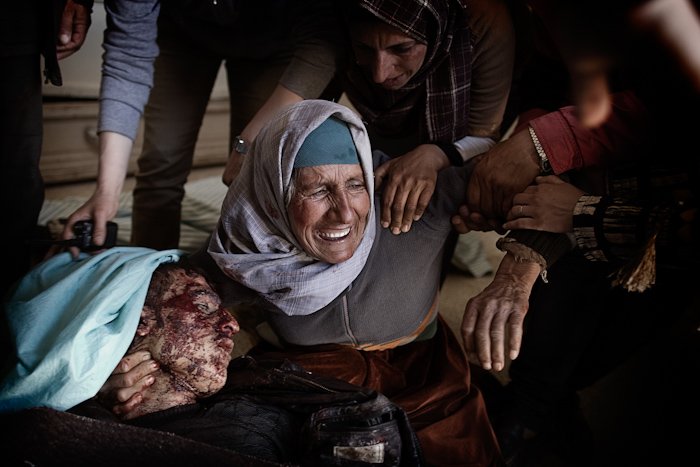
Source: BBC
Amidst political bashing, tributes, marches and innumerable statements from various world leaders, we tend to forget that it is not the leaders who need the attention. Photographers captured the horrifying and graphic moments which were left in the wake of the annihilation, carried out by the Presidential forces. More attacks followed, most notably by the United States. On 18 August 2016, a report for a Euro-Med Monitor team confirmed that one of the hospitals, overcrowded by injured civilians, was bombarded by Russian warplanes in the western Aleppo countryside.
The use of chemical warfare has often been criticized and condemned, but critiquing does not stop the minds which harvest destruction and chaos. Although President al-Assad has denied the usage of chemical weapons, and any bombings whatsoever, the United Nations has confirmed that all allegations are true. And if chemical weaponry was not enough, the al-Asad regime has found a new, effective weapon, starvation.
Syria has reeled on since its independence from France in 1945. The people are visibly tired of their conditions and the tag of being the residents of a failed state. Maybe the stories of Aleppo, Khan Sheikhoun, Ghouta and Khan-al-Asal will just be that, stories. Maybe these stories will go on to become Oscar winning movies and documentaries in the future. But what needs to be understood is, the candlelight marches, the condemnations, the documentaries and the critiquing will not help the people of Syria. Talks between world leaders on the topic do not matter when the people of Syria and their interests are not even represented in them. The tragedy that is Syria seems to be straight out of a William Shakespeare play, as there is so much loss and despair. Syria needs help. Not in the form of marches, sympathize or talks, but solid, concrete help. The volunteer organization “White Helmets” may have done some commendable work, and so did Nobel laureate OPCW (Organisation for the Prohibition of Chemical Weapons), but that is not enough. All the parties involved need to check the violations of human rights and as well as the fast disappearing hope among the countrymen. Images of the children suffering a fate worse than death absolutely rip your hearts out.
Syria needs help. And it needs it now. In the end, I would like to sign off by saying
Save Syria.


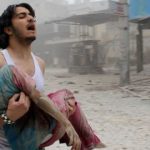
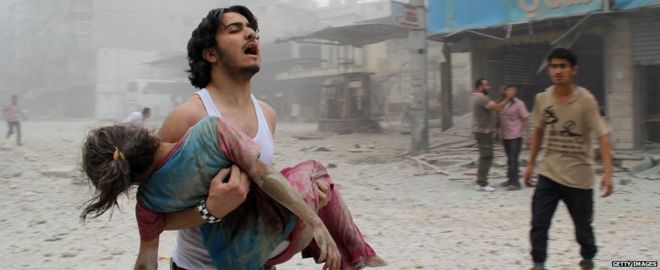
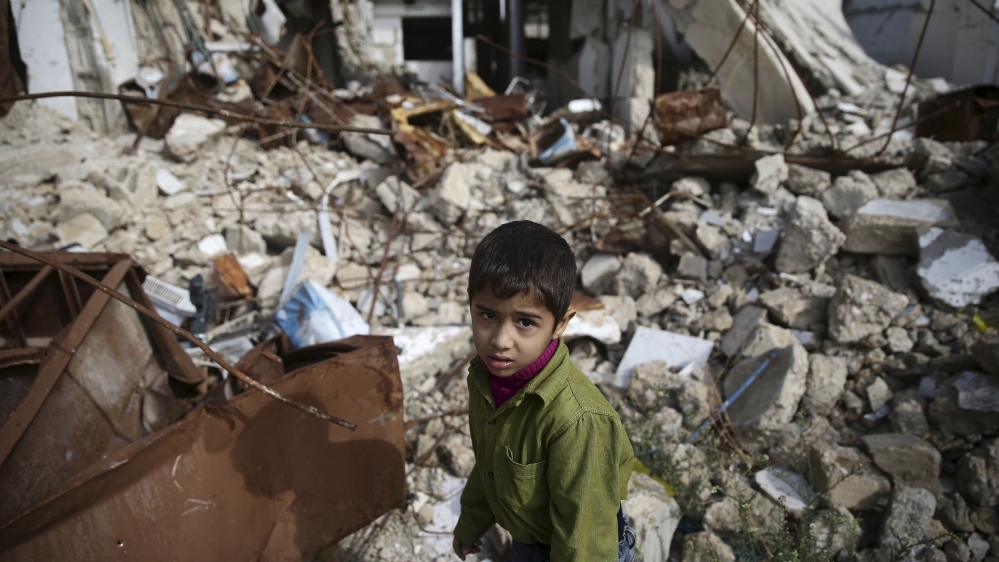
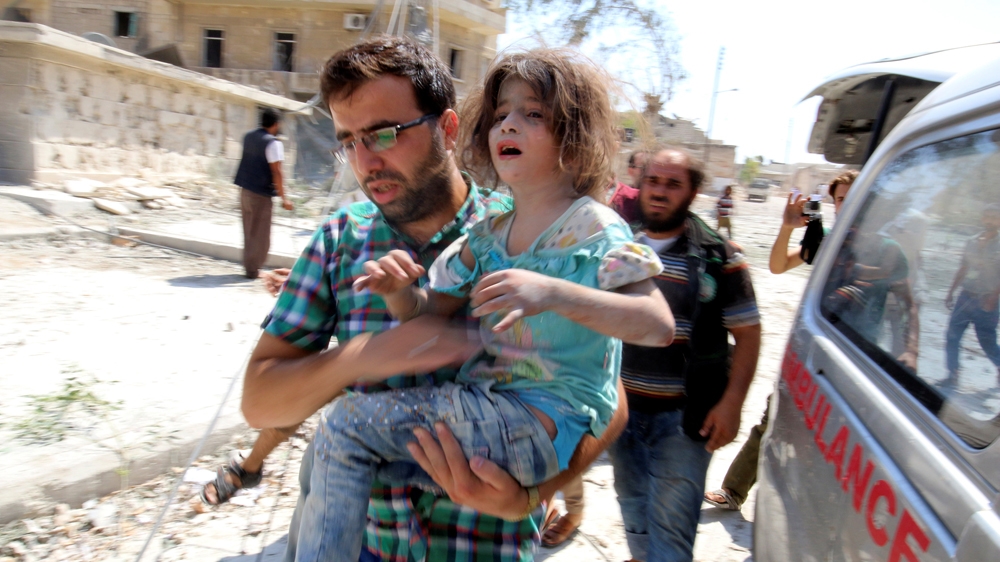



Leave a Reply
You must be logged in to post a comment.